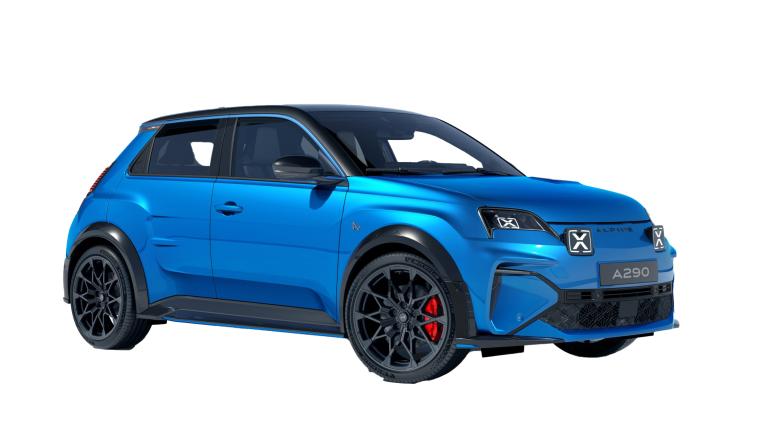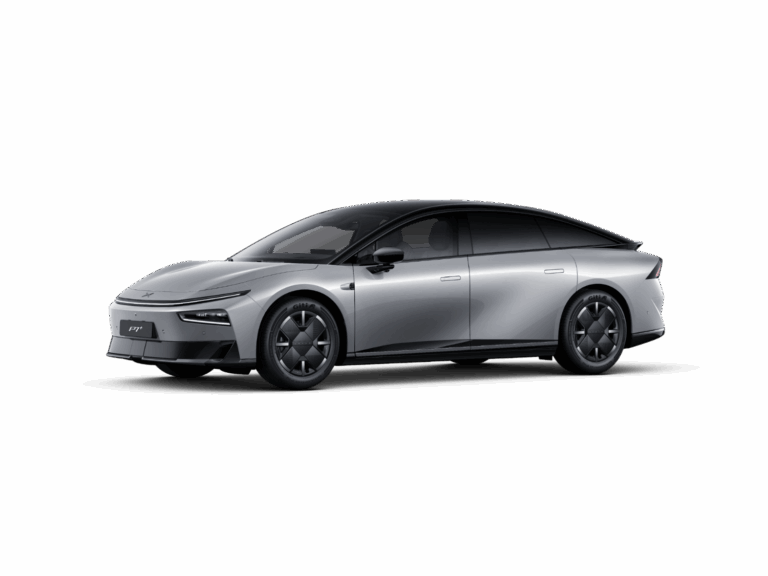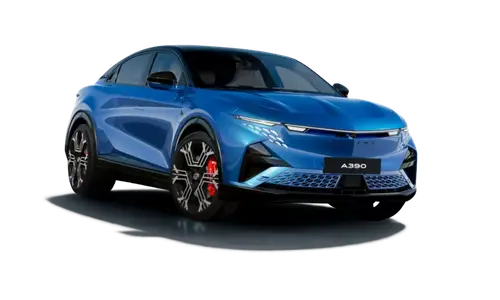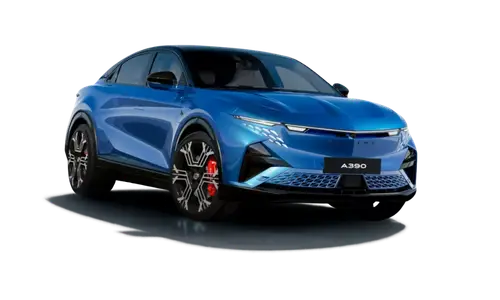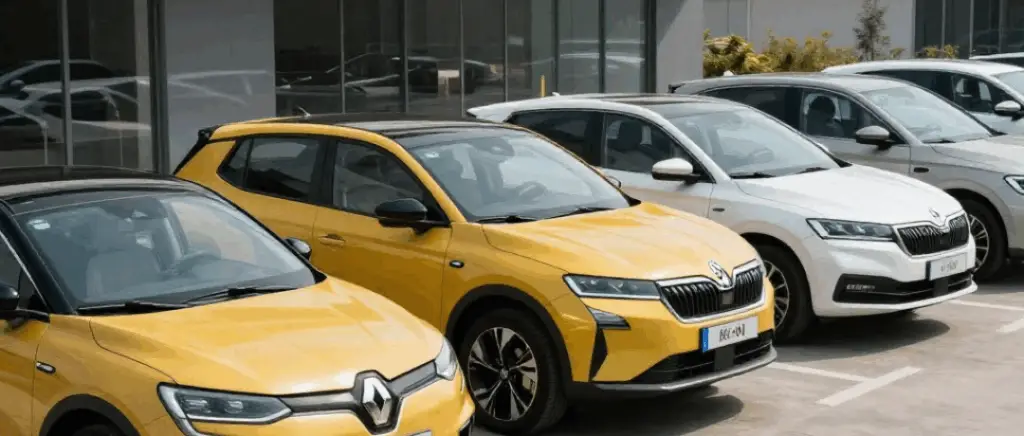Monday to Friday
9am - 12.30pm - 2pm - 7pm
The challenges of business travel
Companies face a number of obstacles when it comes to organising staff travel. Between the high costs, the negative environmental impact of combustion-powered vehicles and mobility constraints, it is essential to find suitable mobility solutions.
Business travel: increasingly high costs
Business travel represents a significant proportion of a company's expenditure. These costs include fuel, maintenance, tolls and parking charges. For a company that regularly makes business trips, these figures can quickly add up and have a significant impact on the profitability of its business.
However, electric cars offer an economical and sustainable alternative. A comparative analysis showed that the average cost of electricity needed to cover the same distance was around 30 to 50 % less than conventional fuel. This means considerable savings for professionals who opt for electric cars for their journeys.
As well as saving fuel, electric cars require less maintenance. The maintenance costs for an electric car can be up to 35 % lower than those of a thermal vehicleThis is due to the simplicity of their engine and mechanics. Fewer moving parts means less risk of costly breakdowns and less need for parts replacement.
What's more, electric cars benefit from preferential rates in many public car parks. Electric car owners can save up to 50 % on parking chargesor even benefit from free parking in some cases. This represents a significant saving for professionals who travel frequently and need to park regularly.
Here is a table comparing the travel costs of an internal combustion engine car and an electric car over a distance of 100 km:
| Voiture thermique | Voiture électrique | |
|---|---|---|
|
Fuel
|
10 €
|
2 €
|
|
Maintenance
|
40 €
|
26 €
|
|
Parking charges
|
4 €
|
0 €
|
|
Total
|
54 €
|
28 €
|
*Average rate for parking for one hour in Paris
The alarming environmental impact of internal combustion vehicles
Internal combustion vehicles have a considerable impact on the environment. They are responsible for a significant proportion of CO2 emissions, the main greenhouse gas responsible for climate change. According to the French Environment and Energy Management Agency (ADEME), the average CO2 emissions of a petrol car are around 120 g/km, while a diesel car emits around 110 g/km. They also emit atmospheric pollutants such as nitrogen oxides (NOx) and fine particles.
In order to reduce the environmental impact of business travel, the use of electric vehicles within the Group is being encouraged. vehicle fleet is a reliable opportunity. They offer a cleaner, more sustainable solution, significantly reducing CO2 emissions.
Mobility and logistics management: what solutions can be found?
Business travel is often subject to mobility and logistical management constraints due to :
- Journey times: traffic jams are a common problem, particularly in dense urban areas. These delays lead to a loss of productivity and increase travel-related costs.
- Route management: poor route management can lead to delays, extra km travelled and overall inefficiency.
- Tracking expenses and reimbursements: it is crucial to track and document fuel costs, tolls, parking charges, etc. An inefficient process can lead to errors, wasted time and reimbursement problems.
- Vehicle fleet management: maintaining your vehicles, planning repairs and managing insurance all help to avoid additional costs and disruption.
Also read → Last mile: reducing the ecological impact
What measures should be taken to seize the opportunities offered by sustainable mobility?
In order to meet these mobility and logistics management challenges, a number of measures need to be taken to remedy these constraints:
- Use of advanced navigation and route management solutions to optimise journeys and avoid traffic jams.
- Implementation of automated expense management systems to facilitate the tracking and reimbursement of travel expenses.
- Use of fleet tracking technologies for efficient vehicle management, including maintenance planning and repair management.
In addition, the use of electric cars can help to resolve some of these constraints. They often benefit from privileged access, which reduces journey times. With a recharging infrastructure electric vehicles can be used in a more flexible and optimised way.
Also read → Last-mile logistics: a challenge for businesses
The advantages of electric cars for professionals
Electric cars offer numerous benefits for companies. As well as helping to protect the environment, these cars offer greater flexibility, reducing energy and maintenance costs and opening the door to tax benefits.
Optimum flexibility for home-work journeys
The transition to electric cars offers greater flexibility for home-work journeysoffering a host of benefits for employees and employers alike. Thanks to their autonomy is constantly being improved, daily journeys can be made without having to worry about frequent recharging. It allows you to reduce journey times thanks to fast recharging infrastructure. Electric vehicles offer significant savings in terms of fuel costs compared to conventional vehicles. thermal vehicles.
This saving benefits employees who regularly commute to work. They do not emit exhaust fumes, which reduces pollutant emissions and improves air quality. This can have a positive impact on employees' health by creating a healthier working environment. Other advantages, such as the possibility of recharging the car at home overnight and accessing recharging stations directly to work means that employees can take full advantage of the flexibility of the home-work commute.
Also read → The transition to electric cars: a profitable choice for businesses
Energy and maintenance: less expenditure for greater efficiency
Because of their simpler design and the absence of complex mechanical componentsElectric cars require less maintenance than combustion engines. Maintenance costs for an electric car can be as follows up to 35 % less than a petrol car over a five-year period. This cost reduction is due to reduced maintenance requirements such as engine oil changes, replacement of air and fuel filters, and transmission servicing.
Technological advances have considerably improved the lifespan of electric car batteries. Depending on the manufacturer, the batteries in modern electric vehicles can last between 8 and 15 yearsor more, depending on proper use and maintenance. With regular use, the capacity of the batteries may gradually diminish, but this does not mean that they become unusable.In fact, even after several years, batteries can still retain sufficient charge capacity to meet the needs of most daily journeys. So the cost of replacing the battery are less frequent and lower than you might think.
Also read → How much does an electric car battery cost?
What benefits and subsidies are available?
Governments are recognising the environmental benefits of electric cars and encouraging their adoption by offering various tax benefits and subsidies. These financial incentives can take the form of tax reductions, subsidies for the purchase or installation of a new car or a new car with a new vehicle. the installation of recharging pointsor even reduced electricity rates for owners of electric cars.
Businesses can take advantage of these incentives to further reduce the costs associated with the use of electric cars:
- environmental bonus
- exemption from annual taxes CO2 emissions and vehicle age
- VAT deduction
- reduction in property tax
- conversion premium
- exemption from TICPE (Internal consumption tax on energy products)
Also read → 2023 tax benefits for electric vehicles
Sustainable mobility helps to reduce environmental impact
Adopting sustainable mobility solutions makes a significant contribution to reducing environmental impact. This includes the use of electric vehicles, car-sharing, public transport, active modes of transport such as walking and cycling, and the use of alternative fuels.
In particular, it enables :
- Reducing CO2 emissions: greenhouse gas emissions from transport are one of the main causes of climate change. Electric vehicles emit far fewer of the gases responsible for global warming than internal combustion vehicles.
- Improving air quality: combustion-powered vehicles emit atmospheric pollutants such as nitrogen oxides (NOx) and fine particles, which have a harmful impact on air quality and human health. The use of electric vehicles and other sustainable modes of transport helps to reduce air pollution.
- Noise reduction: electric vehicles produce much less noise than internal combustion vehicles, helping to reduce noise pollution and improve quality of life in urban areas.
Here is a table showing the CO2 emissions (g/km) of the Megane e-Tech the Electric SUV the brand Renault compared with its petrol and diesel equivalents.
| Type de véhicule | Emissions de CO2 (g/km) |
|---|---|
|
Renault Megane e-Tech
|
0
|
|
Renault Megane (petrol)
|
120-180
|
|
Renault Megane (diesel)
|
130-200
|
Also read → Sustainable mobility: challenges and solutions
Take advantage of our spring offers for a new lease of life on the road!
How can we meet the needs of SMEs and VSEs?
SMEs and VSEs face a number of challenges when it comes to business travel. Due to budgetary constraints and the search for economical and sustainable solutions, these companies need to find solutions that are tailored to their needs.
Achieving success despite budget constraints
Electric cars offer a more economical solution in the long term, thanks to their lower running costs. What's more tax benefits and government subsidies available for electric vehicles can help small businesses overcome these budgetary constraints.
SMEs are often faced with significant economic restrictions when it comes to managing their business travel. These financial limitations have a significant impact on their ability to ensure efficient and cost-effective mobility for their employees. Travel and transport costs can represent a significant proportion of their budget.
To deal with these constraints, for example, they can use fleet management. These tools can help SMEs to optimise their itineraries and reduce travel-related costs.
Also read → Transition to electric cars: profitable for businesses?
Finding solutions that combine economy and sustainability
SMEs and VSEs are increasingly aware of the importance of finding economical and sustainable solutions for their employees' journeys. Electric cars respond to these needs by offering operating costs lower fuel consumption, reduced environmental impact and tax benefits. By adopting these vehicles, small businesses can reconcile their economic objectives with their environmental responsibility.
Consumers are increasingly sensitive to the environmental impact of companies. They are looking for brands that adopt sustainable practices and that integrate environmental protection into their products. CSR (Corporate Social Responsibility) into their overall strategy. For SMEs, meeting these expectations can be a key factor in developing a positive brand image and win the trust of customers.
Customers are interested in the concrete actions taken by SMEs to reduce their environmental footprint. It is therefore essential to communicate transparently about the measures taken, the targets set and the results achieved in terms of sustainability. They are also much more aware of the impact of their consumption choices on the environment. They are looking for products and services that are manufactured responsibly, use sustainable materials and minimise their environmental impact. carbon footprint.
SMEs can strengthen their commitment to sustainability by working with suppliers and partners who share the same values. By favouring environmentally-friendly suppliers and integrating sustainability criteria into their business relationships, SMEs can reinforce their positive impact and inspire other industry players to follow their example.
Also read → Electric cars boost your employer brand
Conclusion
The electric car is an efficient and sustainable solution for professionals. It offers economic and environmental benefits and meets customer expectations. By adopting electric cars, professionals can combine teleworking with business travel.
Ready to take the plunge? Contact our experts if you have any questions. We'll get back to you within the hour.











